A feast is made for laughter, and wine maketh merry: but money answereth all things
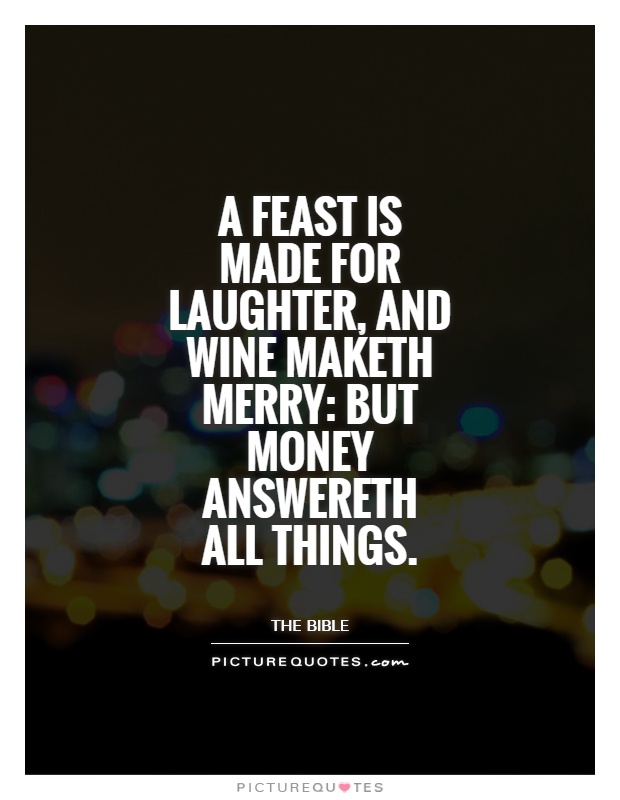
A feast is made for laughter, and wine maketh merry: but money answereth all things
The verse "A feast is made for laughter, and wine maketh merry: but money answereth all things" is found in the book of Ecclesiastes in the Bible. This verse highlights the importance of enjoying life's pleasures, such as feasting and drinking wine, but also acknowledges the practical necessity of money in fulfilling our needs and desires.The first part of the verse, "A feast is made for laughter, and wine maketh merry," emphasizes the joy and celebration that come from sharing a meal with loved ones and indulging in good food and drink. In biblical times, feasting was often associated with special occasions such as weddings, festivals, and religious ceremonies. It was a time for people to come together, enjoy each other's company, and express gratitude for the blessings in their lives. Wine, in particular, was seen as a symbol of joy and abundance, and its consumption was often accompanied by singing, dancing, and laughter.
However, the verse also acknowledges that while feasting and wine can bring temporary happiness, they are not the ultimate source of fulfillment. This is where the second part of the verse comes in: "but money answereth all things." Money is a practical necessity in life, as it is required to meet our basic needs such as food, shelter, and clothing. It also provides us with the means to pursue our goals and aspirations, whether that be furthering our education, starting a business, or supporting our families.
While money is important, the Bible also warns against the love of money and the pursuit of wealth at the expense of our spiritual well-being. In the book of Matthew, Jesus teaches that we cannot serve both God and money, and that true happiness comes from seeking first the kingdom of God and His righteousness.
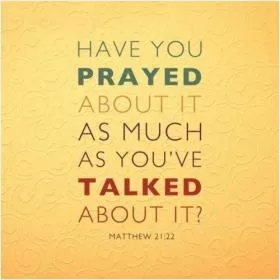
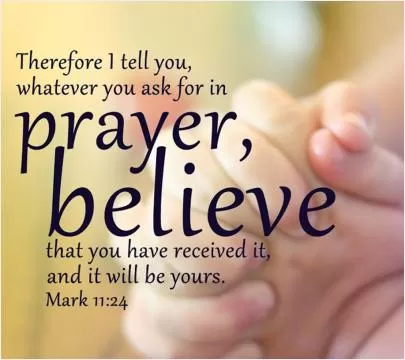
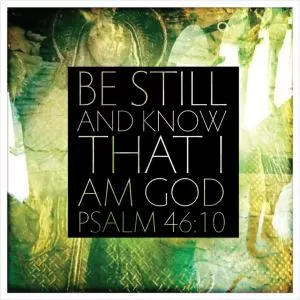


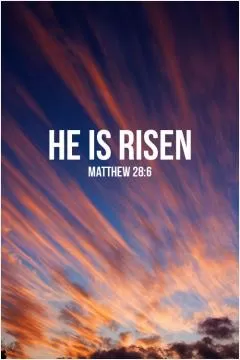




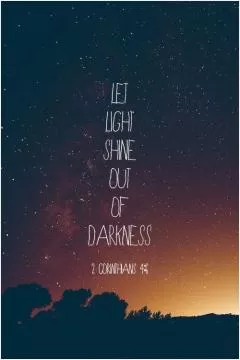

 Friendship Quotes
Friendship Quotes Love Quotes
Love Quotes Life Quotes
Life Quotes Funny Quotes
Funny Quotes Motivational Quotes
Motivational Quotes Inspirational Quotes
Inspirational Quotes